Xiaomi Corp.’s stock price hit a new record high of HK$61.45, making founder Lei Jun China’s richest person. The achievement followed a previous record of HK$52 on February 27, which temporarily made Lei China’s richest person before the stock price corrected later in the day.
The surge in Xiaomi’s stock price was largely due to the resounding success of the launch of the long-awaited Xiaomi YU7 electric vehicle. After just 1 hour of going on sale, this electric SUV recorded 289,000 orders in the billion-people market.
According to financial reports, Mr. Lei's total assets were close to 440 billion yuan (equivalent to 68 billion USD) when the stock reached 52 HKD in February. Then, due to controversies such as the fatal accident involving a Xiaomi SU7 car in late March 2025, Xiaomi's stock price plummeted, causing Mr. Lei to lose the title of China's richest person.
In November 2024, Forbes' list of billionaires in mainland China still ranked the founder of water company Nongfu Spring as the richest person in China for the fourth consecutive year with a fortune of 50.8 billion USD.
Despite its success in the market, Xiaomi’s auto division faces major production capacity constraints. The company currently operates a single factory in Beijing’s Yizhuang district, where it produces the SU7. In March 2025, Xiaomi raised its delivery target for this year from 300,000 to 350,000 vehicles. However, that number far exceeds the capacity of a single factory.
To address this, Xiaomi has been expanding its production capacity. In July 2024, the company purchased land use rights to build a second factory. The second phase of the Xiaomi smart manufacturing industrial park completed the inspection process in April 2025, but there is no official start date for production.
According to the expansion plan, both Xiaomi factories are designed with a capacity of 150,000 vehicles/year, totaling 300,000 vehicles/year. These factories will mainly produce the new SU7, SU7 Ultra, and YU7 models. Currently, Xiaomi's website has recorded a delivery waiting time of up to 33 weeks for SU7 orders, indicating a serious shortage of supply.
In June 2025, Xiaomi purchased an additional 485,100 square meters of industrial land adjacent to the second factory, which is expected to be Xiaomi's third car factory. However, construction has not yet begun and is not expected to be operational for another year.
The situation becomes more complicated when the Xiaomi YU7 enters production. Although it is developed on Xiaomi’s Modena platform like its predecessor SU7, the rookie YU7 has about 90% of its components completely new. This means that the production lines and processes between the two models are very different, which may pose additional challenges in boosting YU7 production.
In the Chinese market, the Xiaomi YU7 electric SUV has a total of 3 versions and prices range from 253,500 - 329,900 Yuan (about 887 million to 1.15 billion VND).
Source: https://khoahocdoisong.vn/ceo-xiaomi-tro-thanh-nguoi-giau-nhat-trung-quoc-nho-suv-yu7-post1551278.html


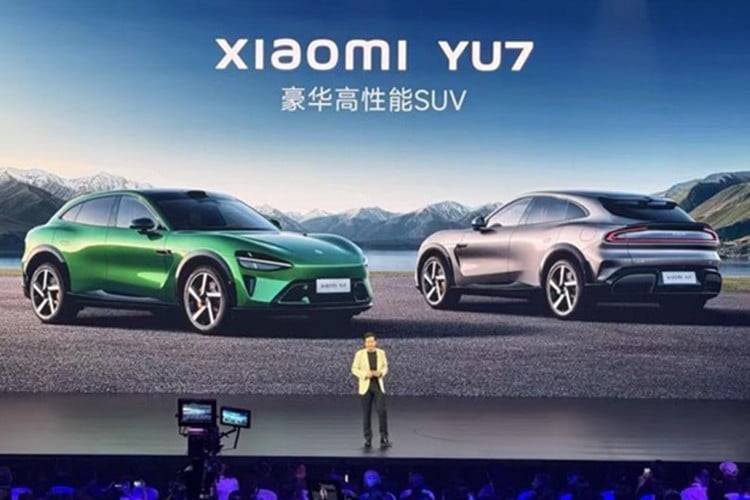
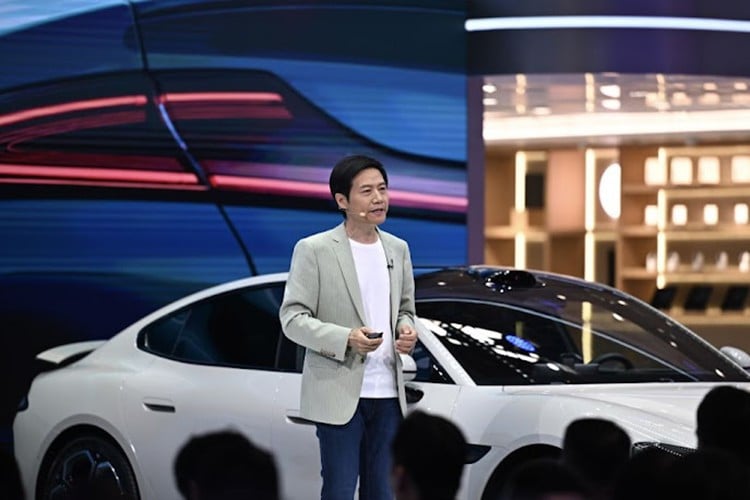

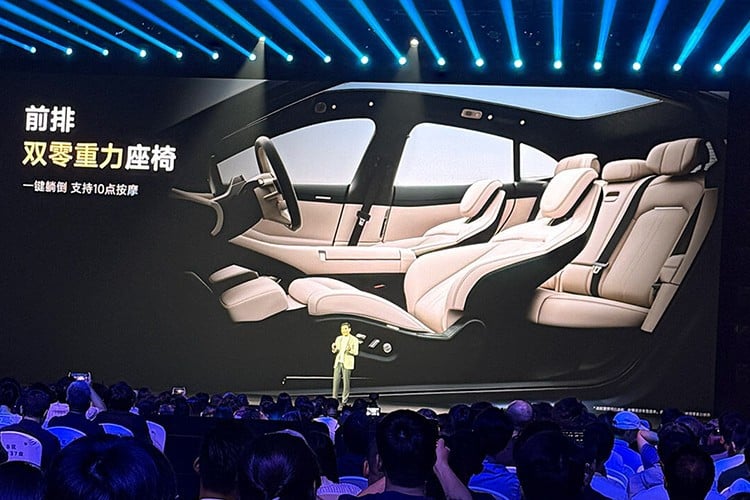



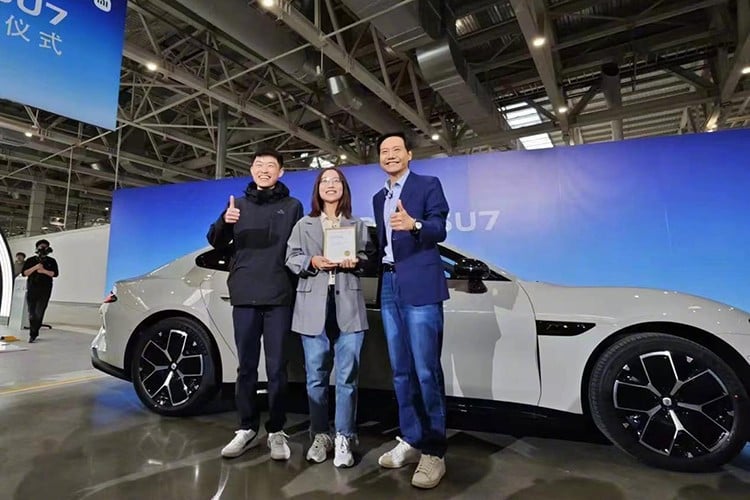

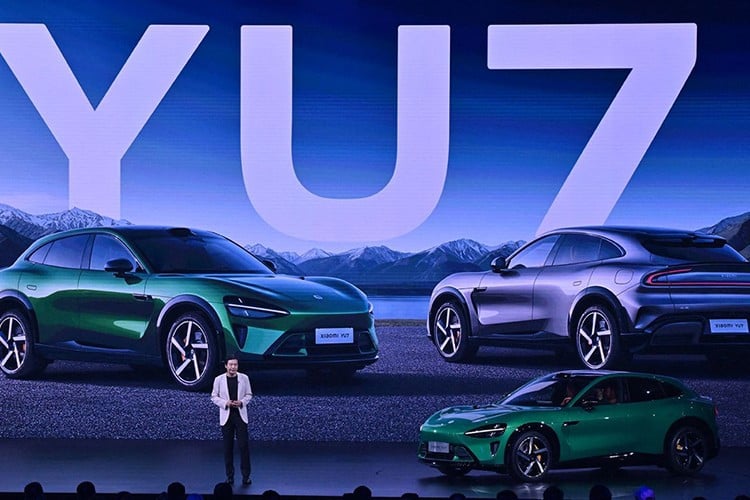




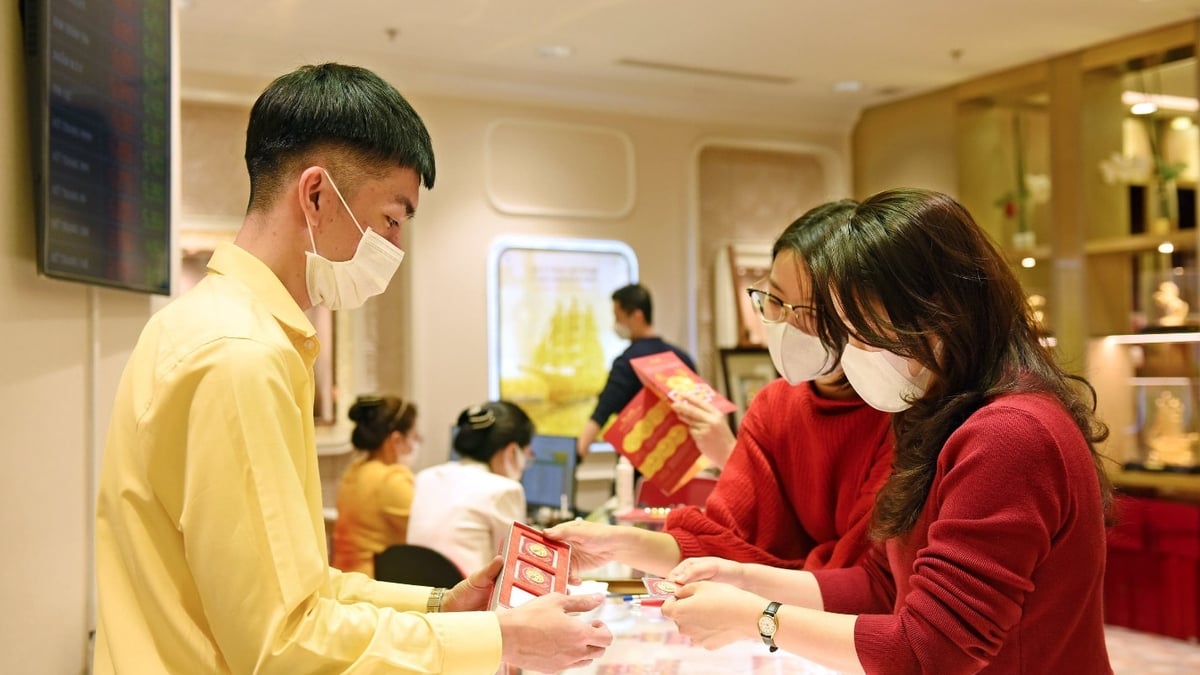
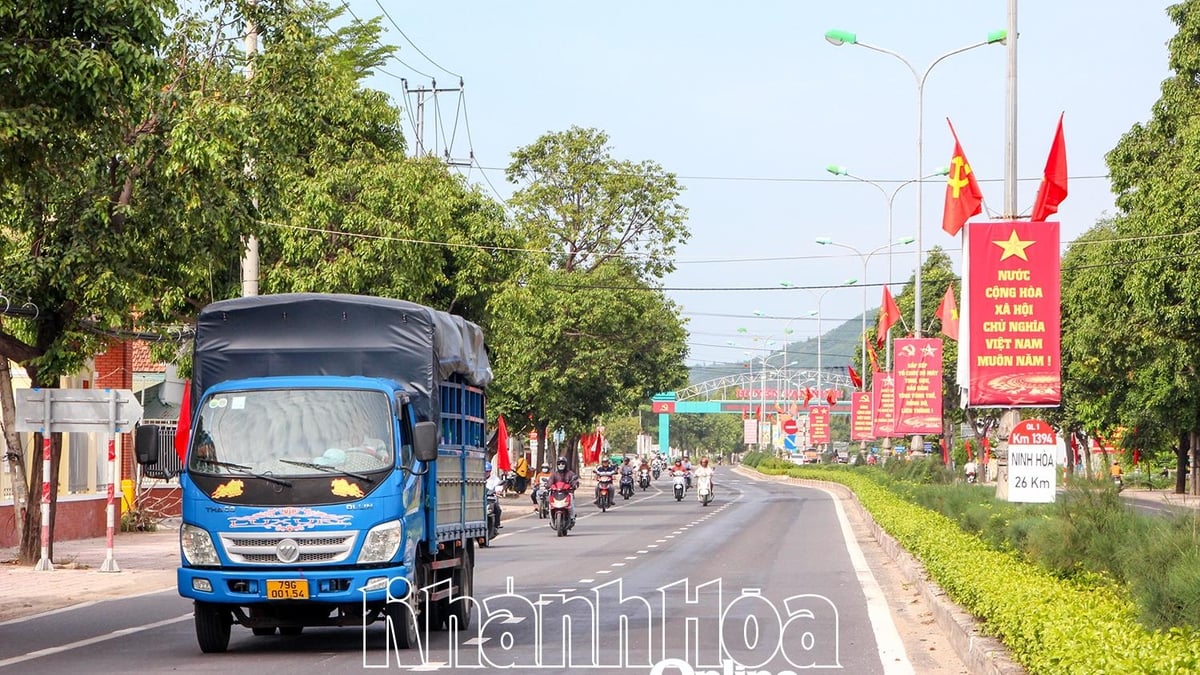
















































![[Maritime News] Container shipping faces overcapacity that will last until 2028](https://vphoto.vietnam.vn/thumb/402x226/vietnam/resource/IMAGE/2025/7/30/6d35cbc6b0f643fd97f8aa2e9bc87aea)










































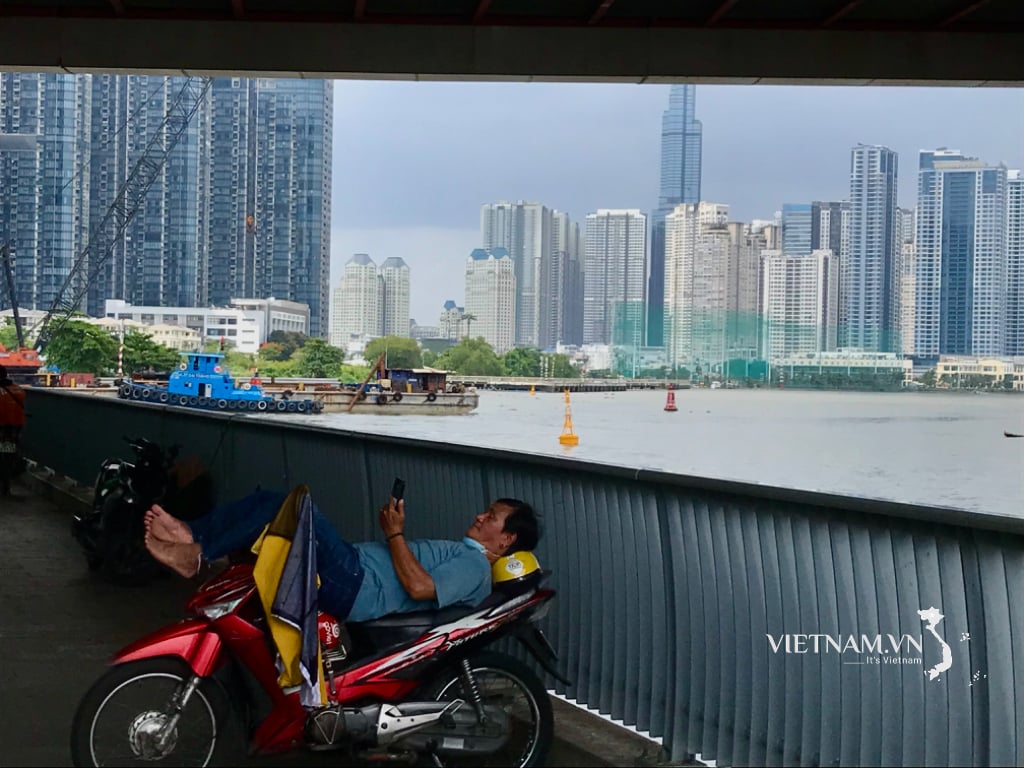
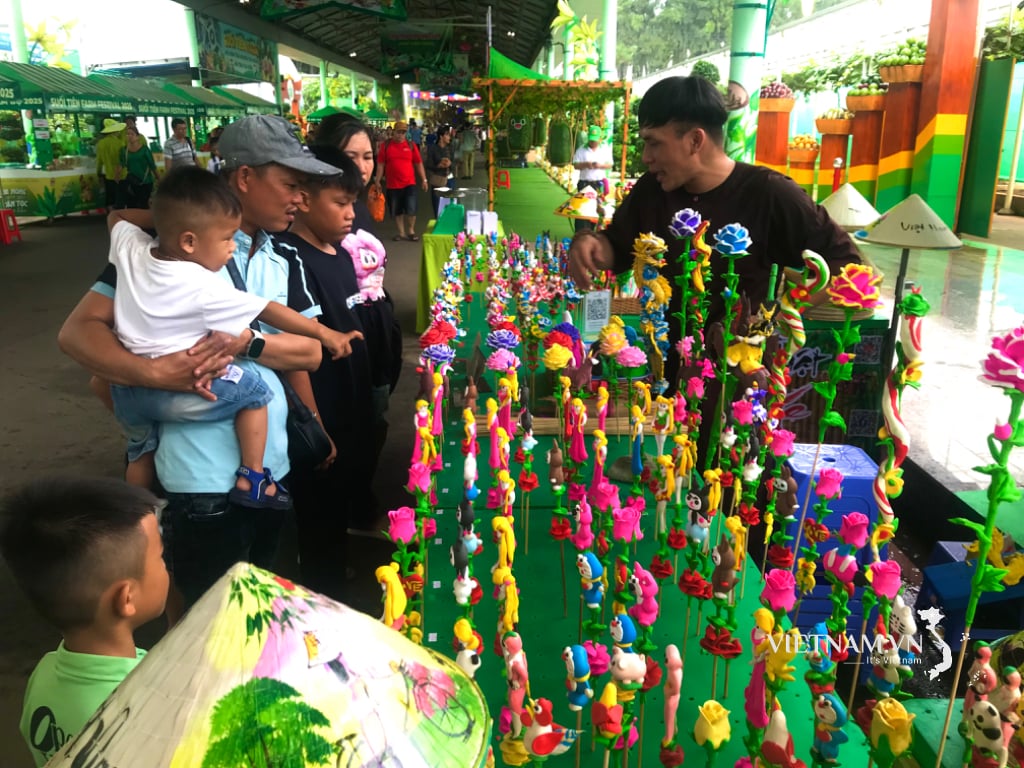
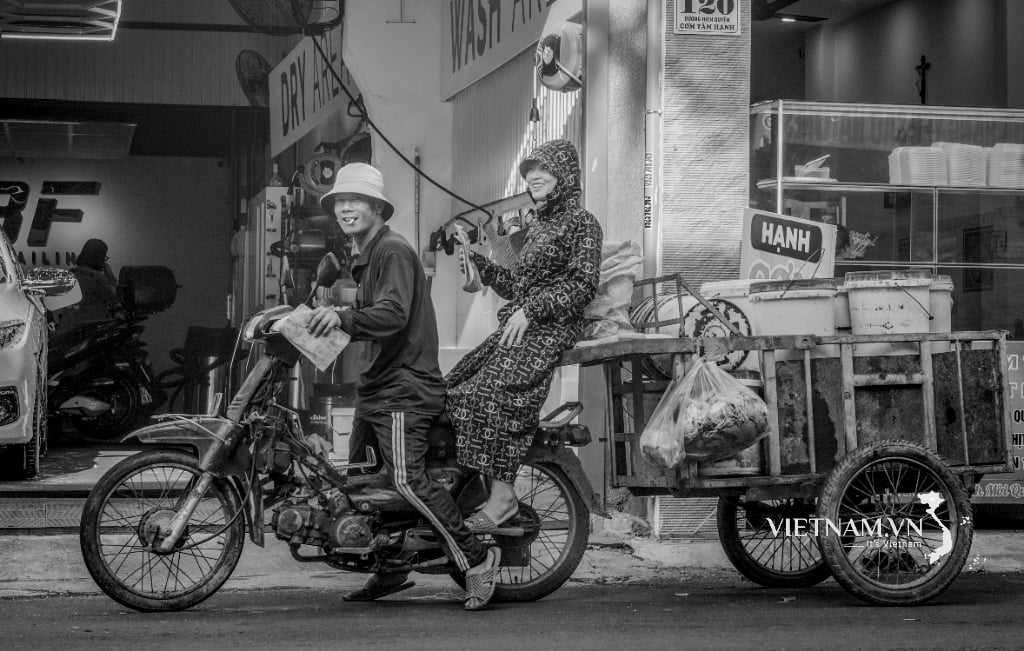
Comment (0)